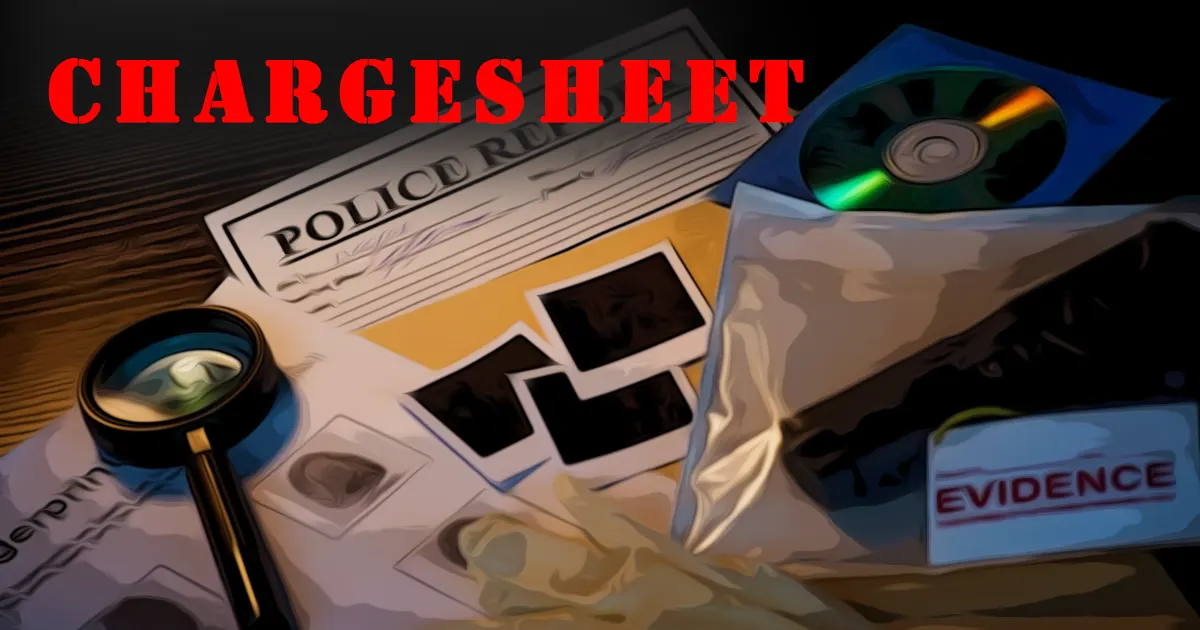GS 2 – Polity

Overview: The Supreme Court recently ruled that offences in a chargesheet cannot be based on bald assertions of connivance without proper evidence.
- A chargesheet is a final report filed by the investigating officer or police officials after completing the investigation of a cognizable or non-cognizable case.
- It is also referred to as a police report or final report.
- The chargesheet contains detailed records starting from the lodging of the FIR (First Information Report) through to the completion of the investigation and preparation of the final report.
- The chargesheet is submitted to the court before proceedings against the accused can begin.
Contents of the Chargesheet: A chargesheet must include the following information:
- Names of the parties involved.
- Nature of the information provided.
- Names of individuals acquainted with the events or facts.
- Details of the offence, including the perpetrator.
- Information about the accused’s arrest, release conditions (with or without sureties), and whether they have been forwarded into custody.
Benefits of a Chargesheet:
- Contains statements from the accused and witnesses.
- Marks the beginning of a criminal trial.
- Specifies the charges on which the court will proceed against the accused.
- Aids the accused in obtaining bail, as it clearly mentions the offences.
Time Limit for Filing a Chargesheet:
- It must be filed within 60 days from the date of the arrest in cases triable by lower courts, and within 90 days in cases triable by the Court of Sessions.
- If the chargesheet is not filed within the prescribed time, the accused has the right to default bail.
Is Filing a Chargesheet Compulsory?
- Filing a chargesheet is mandatory for cognizable offences after an FIR is filed.
- For non-cognizable offences, a chargesheet is not mandatory unless the court orders an investigation.
What is a Cognizable Offence?
- A cognizable offence is one where a police officer can investigate the case without a magistrate’s order and can make an arrest without a warrant.
- Police have the responsibility to act immediately upon receiving a complaint or credible information, investigate the facts, and present the offender before the court.
Non-Cognizable Offence:
- A non-cognizable offence cannot be investigated by the police without the order of a competent magistrate.




